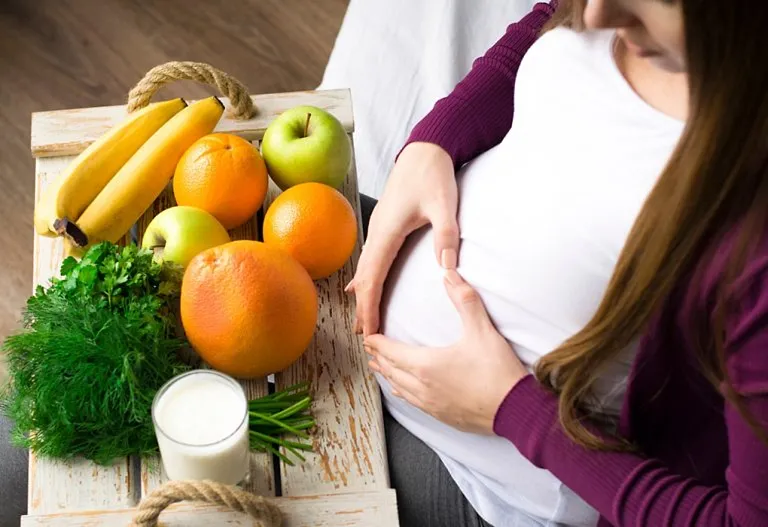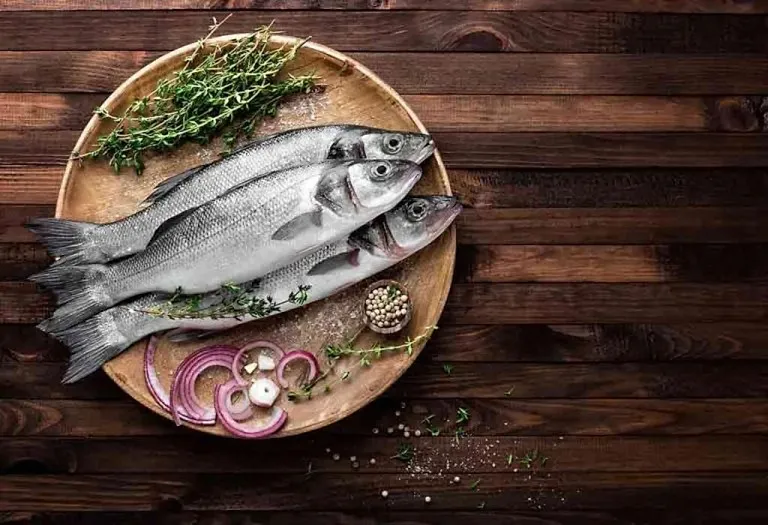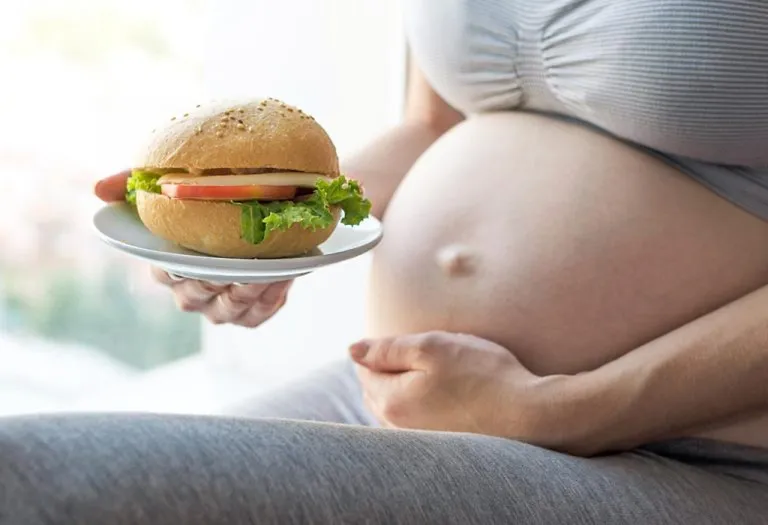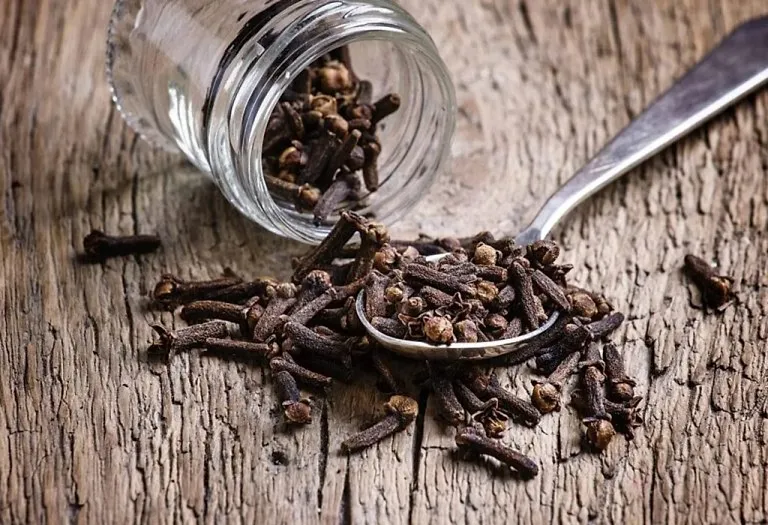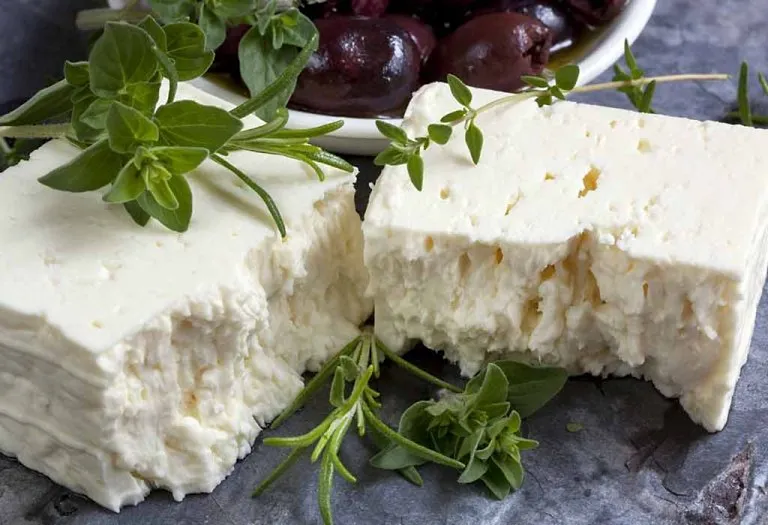8 Super Foods Pregnant Women Should Eat for Baby’s Strong & Healthy Heart

- Foods That Lower Foetal Heart Development
- Foods to Eat That Will Make Your Baby’s Heart Strong and Healthy
- FAQs
Do you know your diet may determine your baby’s health? Because the food you eat not only acts as fuel for your body but also ensures a healthy pregnancy and childbirth. In fact, the food items you consume during pregnancy may also determine how healthy and strong your baby’s heart will be. A foetus requires calcium, omega-3 fatty acids, phosphorus, folic acids, and many other essential vitamins and minerals for their physical and cognitive growth. The American College of Obstetricians and Gynecologists (ACOG) suggests pregnant women should get 600 micrograms (mcg) of folic acid daily (1). Browse through to gain special insights on what food is good for a baby’s heart development and body development as well as a healthy mother.
Foods That Lower Foetal Heart Development
Your growing baby’s nutrition is connected with your nutrition. This means whatever you eat affects your baby, too. Where there are some food items that prove to be beneficial for your baby’s heart development, others may adversely affect it. Following are some of the food items that you should avoid or keep under control:
- Keep a tab on your sodium intake and keep it under 3000 mg per day.
- Ensure that your cholesterol intake is not more than 300 mg on a daily basis.
- Do not add more than 30 per cent of fats to your daily pregnancy diet. Aim for healthy fats.
- Avoid monosodium glutamate or MSG as it may lead to foetal development issues.
- Restrict your caffeine intake.
Foods to Eat That Will Make Your Baby’s Heart Strong and Healthy
If you are a cautious eater, then we need not preach to you; however, if you are reckless when it comes to your diet and nutrition, we would like to grab your attention towards healthy eating. While some foods are a complete no-no when it comes to pregnancy diet, there are other pregnancy superfoods that make your baby’s heart healthy and strong.
1. Go Green
Green vegetables are pregnancy must-haves. Green vegetables have an abundance of nutrients, which means you can get your daily dosage of vitamins, minerals and fibre from them. You can eat them in raw or cooked form; rather, you can go versatile with your veggies and eat them in any form you like. However, make sure you check with your doctor before eating raw green vegetables because some women may not be allowed to eat raw vegetables for certain health reasons.

2. Include Dairy
As per a study done in 2021 in Nutrients Publications, the requirement for calcium increases, especially in the third trimester, from 1000 to 1200 mg/day (2). You should include milk, cheese, yoghurt and other such dairy items in your diet. All such food items are a great source of calcium, which is of prime importance for your growing foetus. Make sure you consume pasteurised milk. However, if you are lactose intolerant, it may be a wise idea to switch to other dairy alternatives, such as almond milk. You may consult your doctor for other alternatives.
Caution: As per the Centers for Disease Control and Prevention (CDC), women during pregnancy must avoid consuming soft cheese unless it is made with pasteurised milk as unpasteurised milk has a greater risk of spreading Listeria, which is highly harmful to the mother and the baby (3).
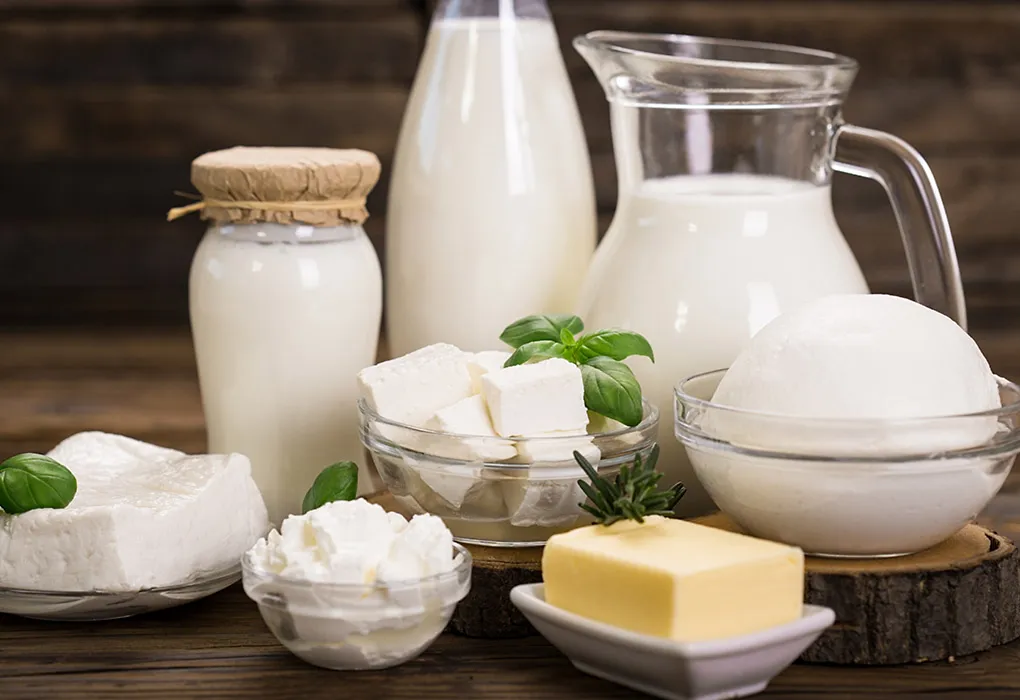
3. Eat Nuts, Nut Butter, and Dry Fruits
Nuts and seeds have great unsaturated fats and are great for your growing baby’s heart. As per the 2015–2020 Dietary Guidelines for Americans, foods like burgers and pizzas have many ingredients that are loaded with saturated fats that are harmful to a person’s heart health. On the contrary, unsaturated fats have several health benefits. Therefore, to reduce the risk of gestational diabetes, heavyweight, and other heart issues during pregnancy, it is essential to incorporate unsaturated fat foods in the diet. Nuts and seeds like almonds, cashew nuts, walnuts, pistachios and other nuts, are low in saturated fats and healthier for pregnant women (4). You can add them to your salads, puddings, smoothies, pasta and other food items. You can roast them with a little salt and oil and munch them as a healthy snack. Make sure you consume nuts in moderate quantities and not in one go. Spread the consumption throughout the day. Also, soaking the nuts is recommended. You can also include dried figs in your diet, as they are a fantastic non-dairy source of calcium, offering you 162 milligrams of calcium in a serving of 100 grams as per the USDA (5).
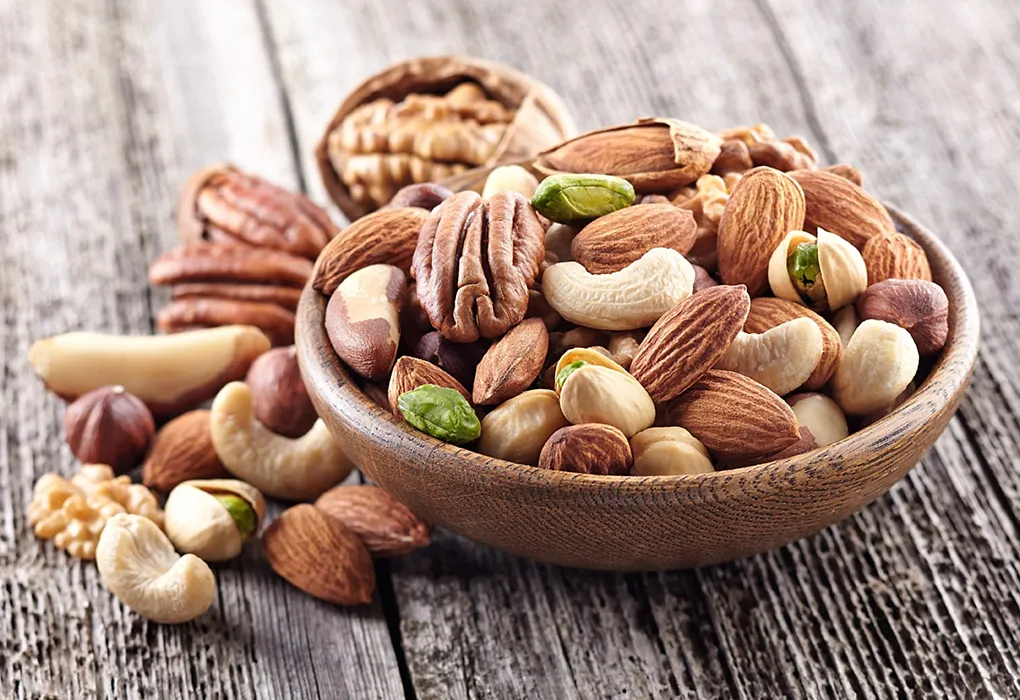
4. Load on Proteins
Protein-rich foods are a must for a pregnant woman and for her growing baby, too. Several health experts and scientific studies suggest a requirement of at least 60 grams of protein daily during pregnancy (6). Chicken, lean meat, turkey, fish, etc., are some good options for protein for non-vegetarians and lentils, pulses, cottage cheese, etc., are good options for vegetarian women. Proteins are loaded with amino acids and also act as building blocks for your baby’s development.
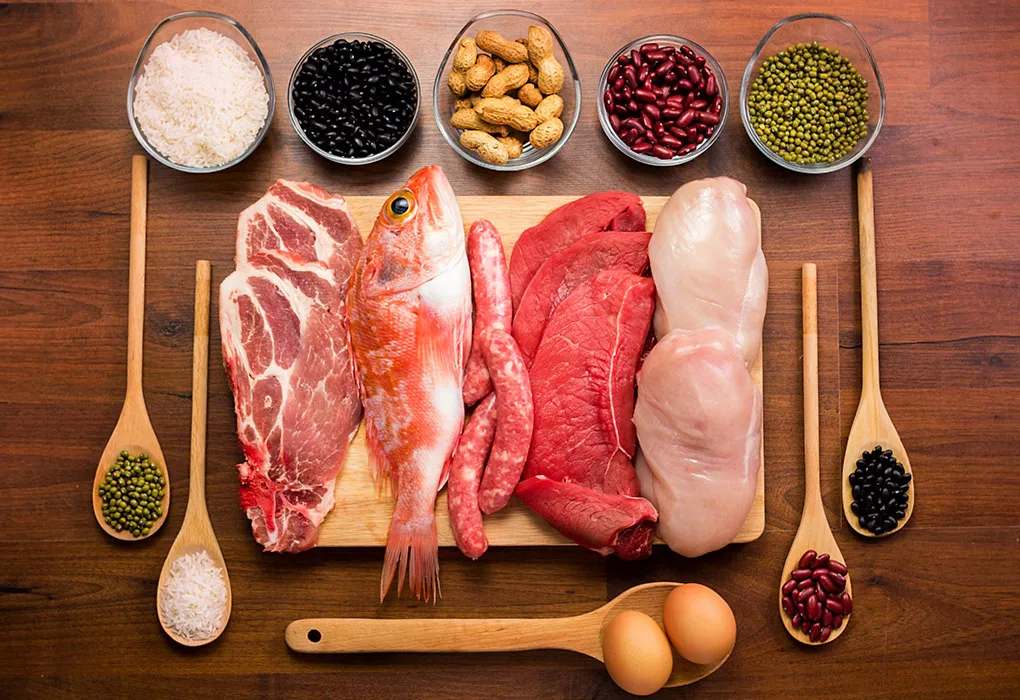
5. Add Whole Grains
Whole grains such as wheat, barley, oats, rye, rice and other such grains are good for a healthy heart. You should substitute these healthier options instead of refined flour food items. You should opt for unprocessed, whole and unpolished grains as they are healthier for you and your baby. You can make various dishes using whole grains as per your taste preferences.
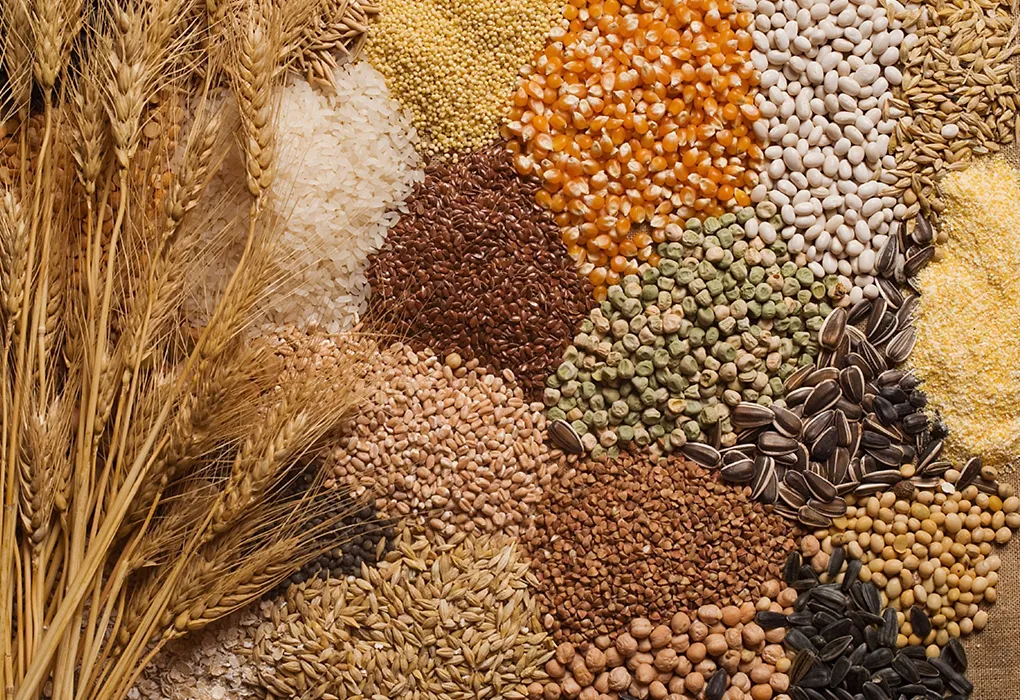
6. Eggs
Eggs are a powerhouse of energy. They are loaded with protein, all amino acids, calcium, minerals, and vitamins that are super beneficial for a mother and a baby. The choline present in the eggs ensures the healthy brain development of a baby and reduces the risk of neural tube defects. There are plenty of ways to make your eggs – boiled, scrambled, and omelette for a quick and easy breakfast and snack.
Please Note: As per the Academy of Nutrition and Dietetics, when consuming eggs during pregnancy, make sure they are perfectly hard-boiled and are not runny. Consuming half-boiled eggs or raw eggs when pregnant must be avoided (7).
7. Stay Hydrated With Fruits
How can we even forget refreshing fruits? Fruits with high water content, like oranges, apples, plums, grapes, pomegranates, etc., are high in water content, helping with morning sickness and nausea and hydration. Oranges, in particular, are loaded with 90% water, vitamin C, fibre, and folate. According to Johns Hopkins, honeydew, cantaloupe, mangoes, oranges, prunes, apricots, bananas, and red or pink grapefruit (for potassium) are great fruits for pregnancy (8).
8. Water
A study published in the Journal of Perinatal Education stated the consumption of 8-10 glasses of water per day during pregnancy to support higher blood volume, fetal circulation, and amniotic fluid (9). Adequate fluid in the pregnant woman’s body also ensures tolerance of blood loss during delivery through enough reserves, preventing any complications.
FAQs
1. Why are superfoods important during pregnancy?
Superfoods, including leafy greens, berries, nuts, seeds, fatty fish, and whole grains, are valuable during pregnancy, as they contain key nutrients, such as folic acid, iron, calcium, omega-3 fatty acids, and protein, which are crucial for fetal brain development, bone health, immune function, and overall maternal health.
2. Are there any foods that should be avoided for a baby’s heart health?
Yes, during pregnancy, it’s important to avoid high-mercury fish, such as shark, swordfish, king mackerel, and tilefish, as they can negatively impact fetal development, including the heart. women should also be cautious with processed meats like pepperoni, hot dogs, and deli meats, which should be avoided or consumed sparingly because of their high sodium and nitrate content, which have a high chance of increasing the risk of heart problems in the baby. Additionally, excessive intake of caffeine, sugary foods, and trans fats must be avoided to averse the risk of unhealthy weight gain and potential heart issues for the baby.
3. How does iron contribute to a strong baby’s heart?
According to the Mayo Clinic, iron is one of the many nutrients responsible for producing haemoglobin in the red blood cells that carry oxygen to your tissues, ensuring a healthy heart. Due to the increased requirement of blood during pregnancy, the demand for iron also increases to support the oxygen supply for the baby (10) (11).
Although the above-mentioned food items are extremely safe and can be added to your daily diet, however, if you are suffering from any health condition such as hypertension, diabetes, thyroid, etc. then you should be careful before making any major dietary changes. We suggest getting your doctor’s approval before making any changes.
References/Resources:
1. Nutrition During Pregnancy; American College of Obstetricians and Gynecologists (ACOG); https://www.acog.org/womens-health/faqs/nutrition-during-pregnancy
2. Jouanne. M, Oddoux. S, Noël. A, Voisin-Chiret. A. S; Nutrient Requirements during Pregnancy and Lactation; Nutrients.; PubMed Central; https://www.ncbi.nlm.nih.gov/pmc/articles/PMC7926714/; February 2021
3. Prevent Listeria; CDC; https://www.cdc.gov/listeria/prevention.html
4. Figs, dried, uncooked; USDA; https://fdc.nal.usda.gov/fdc-app.html#/food-details/746768/nutrients; December 2019
5. Cut Down on Saturated Fats; 2015–2020 Dietary Guidelines for Americans; https://health.gov/sites/default/files/2019-10/DGA_Cut-Down-On-Saturated-Fats.pdf; December 2016
6. Kominiarek. M. A, Rajan. P; Nutrition Recommendations in Pregnancy and Lactation; Med Clin North Am.; PubMed Central; https://www.ncbi.nlm.nih.gov/pmc/articles/PMC5104202/; November 2016
7. Ellis. E; Food Safety Risks for Pregnant Women; Academy of Nutrition and Dietetics; https://www.eatright.org/health/pregnancy/prenatal-nutrition/food-safety-risks-for-pregnant-women; May 2020
8. Nutrition During Pregnancy; Johns Hopkins; https://www.hopkinsmedicine.org/health/wellness-and-prevention/nutrition-during-pregnancy
9. Montgomery. K. S; Nutrition Column An Update on Water Needs during Pregnancy and Beyond; J Perinat Educ.; PubMed Central; https://www.ncbi.nlm.nih.gov/pmc/articles/PMC1595116/#:~:text=Pregnancy%20Needs,glasses%20of%20water%20each%20day.; 2002 Summer
10. Iron deficiency anemia during pregnancy: Prevention tips; Mayo Clinic; https://www.mayoclinic.org/healthy-lifestyle/pregnancy-week-by-week/in-depth/anemia-during-pregnancy/art-20114455#:~:text=Your%20body%20uses%20iron%20to,supply%20oxygen%20to%20your%20baby.
11. Nutrition During Pregnancy: Part I Weight Gain: Part II Nutrient Supplements.; National Academies Press; NCBI; https://www.ncbi.nlm.nih.gov/books/NBK235217/#:~:text=During%20pregnancy%2C%20more%20iron%20is,mass%20(Hallberg%2C%201988).
Also Read:
Fruits to Eat while Pregnant
Foods to Improve Development of Fetal Brain
Fruits You Should Not Eat During Pregnancy
Was This Article Helpful?
Parenting is a huge responsibility, for you as a caregiver, but also for us as a parenting content platform. We understand that and take our responsibility of creating credible content seriously. FirstCry Parenting articles are written and published only after extensive research using factually sound references to deliver quality content that is accurate, validated by experts, and completely reliable. To understand how we go about creating content that is credible, read our editorial policy here.







